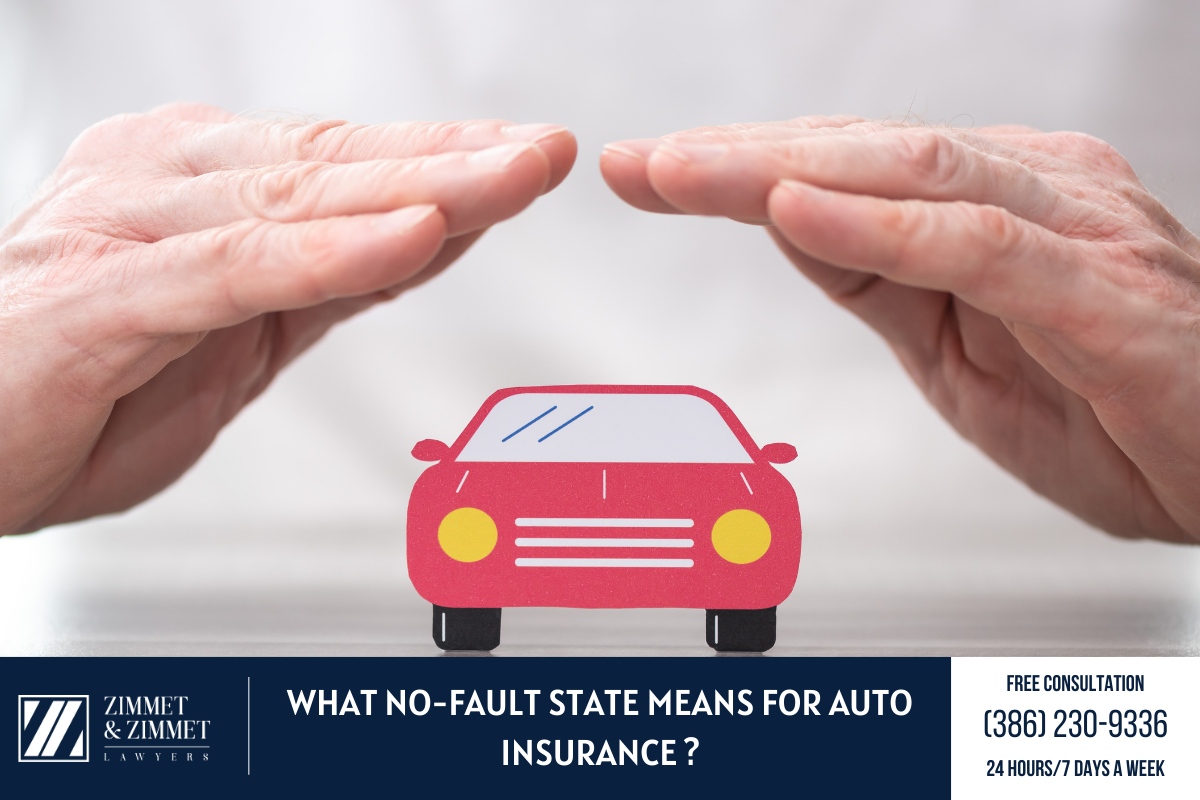
M.D: What does Florida’s ‘no-fault motor vehicle insurance’ mean? How does it work?
No-fault automotive insurance regulations require drivers to file a claim with their insurers after a crash, regardless of who was to blame for the accident. In Florida and other states with no-fault auto insurance laws, drivers must acquire personal injury protection insurance as an integral part of their auto insurance coverage.
This concept applies to state laws that provide for the compensation of no-fault-party benefits and limit the right to sort. This is also known as the limited tort option. According to no-fault laws, motorists can file a lawsuit, particularly for severe injuries, if only their cases meet some conditions. These conditions are commonly referred to as threshold and relate to the severity of the injuries you suffered. They can be expressed in monetary value (medical-related bills) or verbally (verbal or descriptive threshold).
Other laws include the minimum requirements for the period of disability that you incurred due to an auto accident. Note that a high threshold no-fault system restricts litigation. As a result, such a system reduces costs and delays the payment of valid claims. Additionally, verbal thresholds tend to eliminate the incentive to inflate the value of a claim that may exist whenever there is a monetary target for medical-related expenses.
How does the no-fault concept affect auto insurance?
In nearly all no-fault states, personal injury protection insurance is usually required. The state regulations determine the minimum amount of personal injury protection policy required for motorists. Sometimes, PIP insurance is referred to as no-fault insurance and pays up to a specific amount or the related medical expenses for you and other passengers in case of a traffic accident.
The personal injury protection insurance necessary is often determined at the state level. For instance, Florida traffic regulations require residents to have $10,000 worth of PIP insurance coverage and property damage liability coverage with $10,000. The latter does payout for different forms of damages if the driver is responsible for an accident that causes damage to someone’s property or vehicle. So, if you live in a no-fault state like Florida, what do these laws mean to you, and what should you consider when choosing an insurance coverage?
Motor vehicle owners who live in a no-fault state should understand the specific variation of a no-fault regulation they must follow. You can either get more information from your state’s official website, ask your insurance service provider, or confirm from an experienced car accident lawyer from your state. Consult with a lawyer about the choice of no-fault insurance coverage. This concept applies specifically to states that allow motorists to choose either a traditional tort policy or a no-fault policy. This choice is usually made at the time the motor vehicle owner is acquiring an insurance policy. If you choose the traditional tort policy, you forego or opt-out of the no-fault policy.
Seek an expert’s help
When shopping for auto insurance coverage, there is more to analyze than premiums, deductibles, and the initial cost of the insurance coverage. It is important to comprehend the specific auto insurance policy laws in the specific state where you reside or intend to move to. Unless you understand every detail of your insurance policy contents, consult with a car accident attorney who can interpret various clauses, and determine whether the insurance coverage is sufficient in accordance with the state laws.
Have you been injured in an accident or fall? Do You have question and want to know your legal options. Call 386-255-6400 for a free consultation and remember there is NO FEE unless WE Win.
